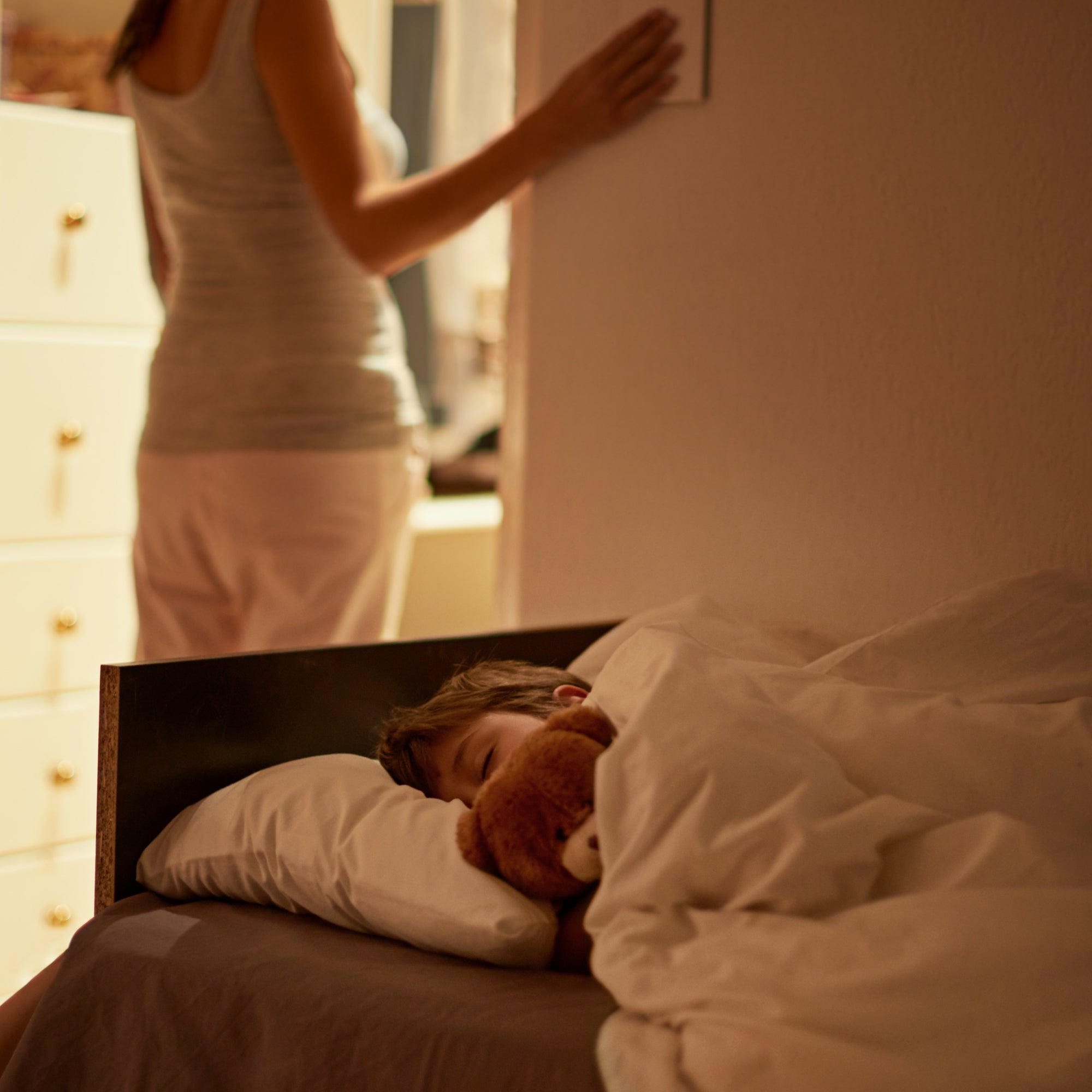New research from the University of Colorado Boulder suggests that even minor exposure to light can disrupt sleep in preschoolers by significantly suppressing melatonin, the hormone that promotes sleep.
Melatonin levels in preschoolers can decrease by up to 90% under fairly high-intensity light. Surprisingly, this study found significant melatonin suppression across all intensities of light, even dim ones. This suggests that preschoolers are highly susceptible to the physiological impacts of light at night, and some children may be more sensitive than others.
Because children's eyes have larger pupils and more transparent lenses than adults, light enters more freely, making them even more susceptible to dysregulation of sleep and the circadian system. To verify this, researchers enlisted 36 healthy children, ages 3 to 5 years, for a nine-day study involving a stable sleep schedule, monitoring sleep and light exposure, and measuring melatonin levels.
Even in response to light measured at 5 to 40 lux, which is much dimmer than typical room light, melatonin fell an average of 78%. And even 50 minutes after the light extinguished, melatonin did not rebound in most children tested.
For parents who are curious about the light levels of the Nightside NS01 by comparison, it generally gives off 1 lux of light at its lowest setting and with the spotlight retracted. However the intensity of the spotlight itself is generally much higher, around 20 lux.
For parents who are concerned about their children's light exposure at bedtime, the Nightside NS01 is a great option for minimizing light at bedtime.


